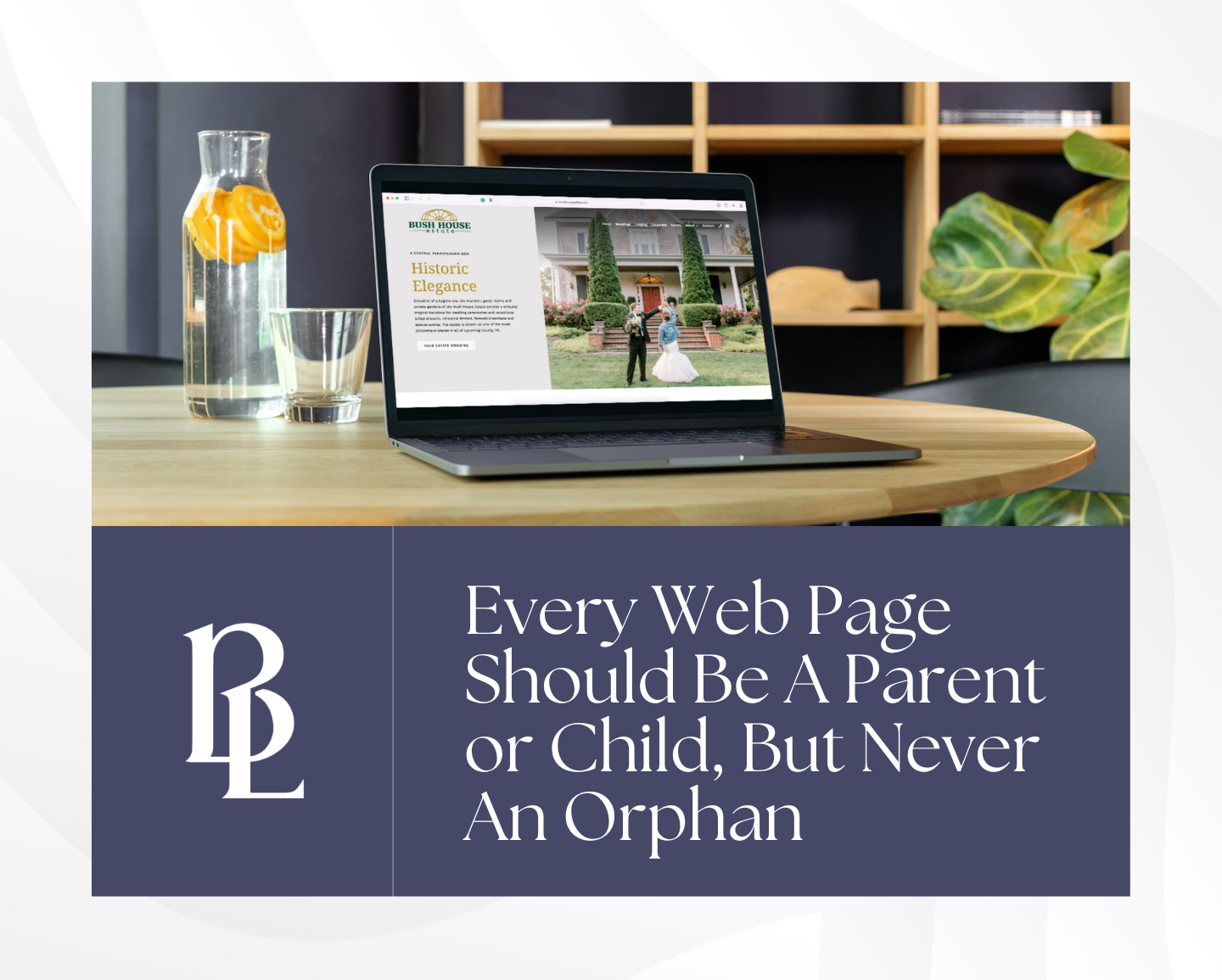
by Brian Lawrence
Every webpage within the architecture of your website serves a crucial role in guiding visitors and search engine crawlers. However, during the content creation process and general site management, it’s easy to leave some web pages orphaned. An orphan is a term used to describe a webpage separated from a website’s navigational framework.
While having orphaned pages is generally a bad practice, there are some instances where it’s appropriate. Understanding the significance and exceptions when dealing with orphaned content is vital to optimizing your website’s performance.
Understanding Orphaned Pages
Orphaned pages lack any internal links from other pages within the same website, which means you’ve isolated the web page from the rest of your website’s content and navigation pathways. This may occur for several reasons, including content updates, website redesigns, and simple oversight during your website’s initial development.
Orphaned Pages Impact User Experience
User Experience is crucial to every successful website. Orphaned pages disrupt the navigation flow, leading visitors to dead ends or irrelevant content. If a website visitor discovers a page that offers no way to explore related content or return to a homepage, they will leave frustrated.
One example of an orphaned page could be a page that lists detailed information about a specific wedding venue or vendor but lacks any internal links from other pages within the website. While the page may provide valuable information, users will only discover it through external sources like search engines or links shared on social media. This is fine for no index/no follow pages used for PPC campaigns or print ads.
Visitors will likely exit the page once they’re done. If the page is part of a larger content marketing campaign, you’re missing out on opportunities for engagement and conversion. Never orphan pages you want to rank well in search.
Orphaned Pages Impact SEO
When addressing SEO concerns, it’s important to remember that every indexed page contributes to your website’s visibility and ranking potential. Orphaned pages remain hidden from visitors and search engine crawlers, which diminishes the chance of the page being discovered and indexed. This will impact your website’s overall SEO performance because search engines prioritize websites with a coherent internal linking structure and crawlable pathways.
Types of Internal Links and Best Practices
To avoid a bad user experience and compromised SEO efforts, it’s best to leverage different types of internal links:
- Navigational Links: Reside in menus or sidebars, providing users with access to different parts of your website.
- Contextual Links: Links within content that seamlessly integrate references to other relevant pages. Examples include calls to action (CTAs) and other anchor text with the body of your content. This type of link encourages visitors to explore additional content.
- On-page Navigational Links: Table of contents and additional links that lead to content on the same page.
Orphaned pages are detrimental to a website’s performance. However, there are a few exceptions where appropriate. Standalone landing pages and PDF documents may not require internal linking.
You need to ensure that all other pages are linked to at least one other page. All links should be organized in a logical way and easy to follow.
The consequences of orphaned pages extend beyond simple inconveniences. From poor user experience to compromised SEO performance, the impact of orphaned content shouldn’t go unnoticed. You can safeguard your website by prioritizing a cohesive internal linking strategy, allowing a seamless experience for visitors and search engines.
For more information on how we can help your website development, don’t hesitate to contact us!